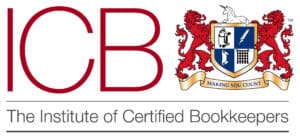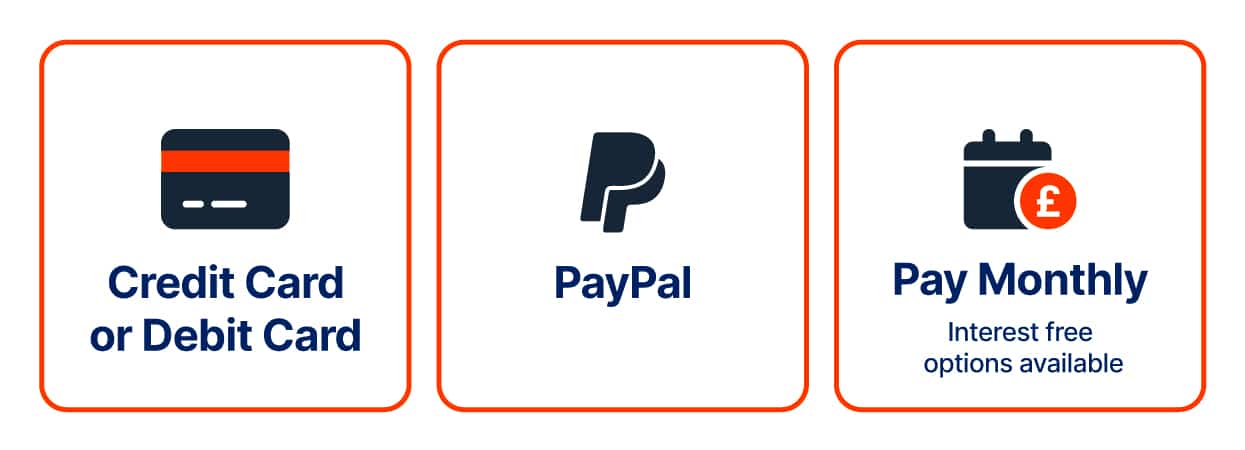Overview
Are you passionate about health and wellbeing? Would you like to turn that passion into a career? Whether you fancy becoming a nutritionist, life coach or personal trainer, a naturopath, a food technologist, or working in hospitality and catering, this NCFE CACHE Level Two Certificate in Understanding Nutrition and Health will help get you there.
NCFE Level 2 Nutrition & Health – what you’ll learn
Studying in your own time, at your own pace, you’ll delve into the principles of healthy eating, and learn how to help others manage their weight and deal with eating disorders. You’ll gain an understanding of special dietary requirements, examine the science of food labelling, and discover the impact that different cooking methods can have on the nutritional value of food.
This RQF course is accredited through NCFE CACHE and recognised throughout the health and nutrition industry, so employers will be assured that you really know your stuff! What are you waiting for? Make a new start and enrol on this Level 2 Nutrition & Health course today!
What you'll learn
To begin, you’ll learn exactly what is meant by a ‘healthy diet’ and study the five food groups. You’ll also consider why a healthy diet is so important in maintaining health, and the benefit that different vitamins and minerals have to our bodies. You’ll study why fluid intake is crucial, and learn some of the indicators of inadequate hydration. Moving on, you’ll delve into the components of energy expenditure, how BMR is used, and how physical activity affects our calorific needs. Finally, you’ll take a look at healthy meal planning, and the effects of different cooking methods on the nutritional value of food.
In the second unit, you’ll begin by considering the nutritional needs of babies, and the weaning process. You’ll move on to discover the nutritional requirements of toddlers and pre-school children, and the ideal foods that they should be eating to aid in growth and development. Next, you’ll look at the nutritional needs of school-aged children, considering factors such as dental health and weight maintenance. After that, you’ll study the nutritional requirements of teenagers, followed by adult males and females. Here, you’ll consider the diseases that adult men and women are prone to, and how a proper diet can help to prevent them. Moving on, you’ll discover the nutritional needs of the elderly, and how various vitamins and minerals can play a role in helping to prevent common health issues such as strokes. Next, you’ll consider those with specific eating requirements, such as people following a tailored diet for religious or health reasons. Finally, you’ll learn all about different diets from cultures all around the world, along with the issues faced by the general public that can prevent healthy eating.
In this unit, you’ll delve into the often confusing world of nutritional information and food labelling, learning exactly what terms such a ‘rich in vitamins’ mean in reality. You’ll learn exactly how to tell if a food is high in fat, sugar, or salt, and what the new ‘colour coding’ system used by food manufacturers indicates. After that, you’ll study the food health claims made by advertisers, as well as the legislation surrounding allergy and food intolerance labelling. You’ll look at food additives such as E numbers, and the safety assessments they go through before they’re used. Lastly, you’ll study ‘use by’ and ‘best before’ dates, dispelling some common myths surrounding their actual meaning.
In unit four, you’ll discover the risks associated with poor weight management, and the meaning of BMI and how to calculate it. You’ll learn what it actually meant by terms such as obesity, emaciation, and malnutrition, along with the symptoms and health implications of each condition. Next, you’ll study how people can achieve weight loss healthily, and dispel some common myths surrounding dieting. You’ll also consider sensitive issues such as body image and gender bias, and the role that the media plays in reinforcing the association between weight and attractiveness.
In this unit, you’ll study a particularly sensitive topic: eating disorders. You’ll discover what the causes and risk factors are, and the definition of conditions such as anorexia and bulimia nervosa, and their physical and behavioural signs. You’ll also consider what treatments are used, and the help and support that’s available for sufferers.
In the final unit, you’ll begin by discovering the importance of safe food handling, and the hazards that can make food unsafe to eat. You’ll study various types of bacteria such as campylobacter and E. coli, and where they can be found. Moving on, you’ll look at food storage rules and the reason they’re important, as well as the proper ways that food should be cooked and served. Next, you’ll study how personal hygiene helps to reduce the risk of contamination, and the rules you should follow. You’ll discover the correct way to wash your hands according to NHS guidance, and why hand washing is so crucial in a food preparation environment. Moving on, you’ll consider the correct ways to keep your food preparation area clean and hygienic, and the correct temperature to store different types of food. Lastly, you’ll learn how to check if food has been cooked at the right temperature, and the importance of disposing of food waste safely.
Extra info
Awarding Body

NCFE is the leader in vocational and technical learning committed to powering a more intelligent education eco-system. We combine over 170 years of experience with deep insight into what is needed and what works.
From world-class qualifications and content to new assessment methodologies, from innovative technology platforms to partnership opportunities with our network of expert collaborators – NCFE galvanises the education sector to shape the most innovative solutions for individual learning needs. In doing this, we’re working for a fairer education system for all learners to power inclusivity and choice.
Click here to confirm it's real with OfQual.
Course Outcome
At the end of this course, successful learners will receive the following qualification: NCFE CACHE Level 2 Certificate in Understanding Nutrition & Health.
This qualification comes with NCFE CACHE Level 2 certification. NCFE CACHE has been developing courses in the childcare, education and healthcare sectors since 1945 and is one of the most reputable awarding bodies for qualifications in the UK and overseas. Practitioners working in these areas are much more employable having gained NCFE CACHE certification and many employers specifically ask for their qualifications when taking on members of staff. Read more about NCFE CACHE.
How is this course assessed or examined?
This qualification is internally assessed and externally quality assured. Each unit is followed by a written assignment which will be marked by your personal tutor. You will not be required to take an external exam.
Entry requirements
There are no formal entry requirements for this course, however, it is recommended that you have an intermediate ability to read and write English.








